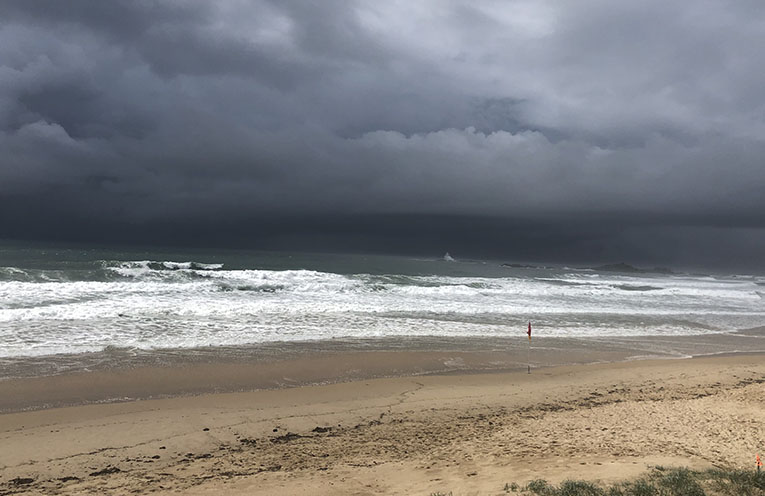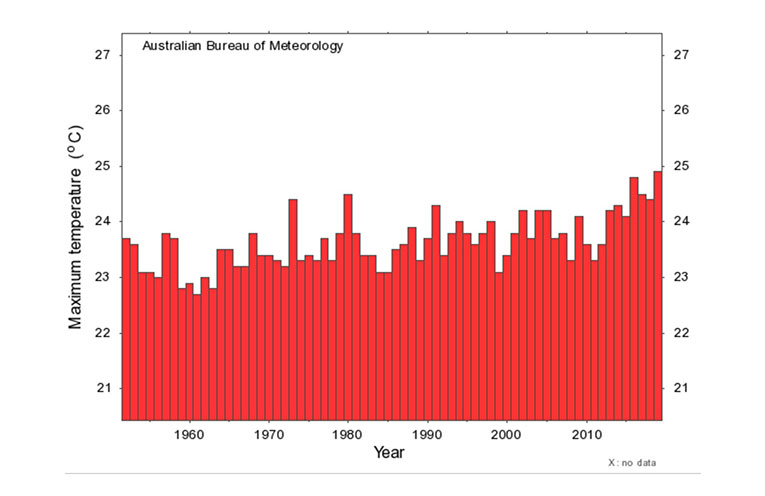
CLIMATE change is not at the forefront of everybody’s mind on the Coffs Coast.
COVID-19 and the current lockdown preoccupy the thoughts of many people, and others are simply struggling to get by.
 Advertise with News of The Area today.
Advertise with News of The Area today.It’s worth it for your business.
Message us.
Phone us – (02) 4981 8882.
Email us – media@newsofthearea.com.au
The Black Summer bushfires badly affected some parts of the Coffs Coast, but luckily most vulnerable areas were untouched.
However, the recent release of the report of the Intergovernmental Panel on Climate Change (IPCC) raises local concerns from a global issue.
In summary, the report says that humans do contribute significantly to climate change.
Australian land areas have warmed by around 1.4°C with annual temperature changes being higher and heat and cold extremes have increased in all land regions of the country.
Sea levels have risen and are projected to continue rising, contributing to increased coastal flooding and shoreline retreat along sandy coasts.
The frequency of extreme fire weather days has increased, and the fire season has become longer since 1950 at many locations leading to the intensity, frequency and duration of fire weather events being likely to increase throughout Australia.
In eastern Australia, there will probably be a decrease in average cool season rainfall, but more extreme rainfall events and river floods.
While it is often difficult to observe fluctuations in climate that happen over long periods of time, some changes are noticeable to locals.
Rob Lang, President of the Coffs Coast Game and Sport Fishing Club said, “Ocean currents are complex and there have been fluctuations in temperatures over the past five six years, but the water has seemed a bit warmer in winter.”
Data from the Australian Bureau of Meteorology shows that the average maximum temperature for the Coffs Harbour area has risen by more than 1°C over the past 50 years, and, in particular, over the past decade.
Although some effects of climate change are gradual, some are already affecting Coffs Coast residents and will continue to do so this summer.
The New York Times reported that 600 more people died in the U.S. states of Oregon and Washington in June than would have been typical and, in the Canadian province of British Columbia, 570 deaths have been heat related.
While higher average temperatures might be good news for the sellers and installers of air conditioners, older people are more susceptible to heat stroke and could be at risk.
This means that, in the short term, Coffs Coast residents might be spending more money on ways to keep cool or are suffering health problems as a result of heat, while in the medium to long term, they will be affected by more intense bushfires and extremes in weather, including rain and flooding, and ocean warming.
Despite this bleak outlook, scientists say that, together, we can act now to prevent the effects of climate change becoming even worse.
By Andrew VIVIAN
